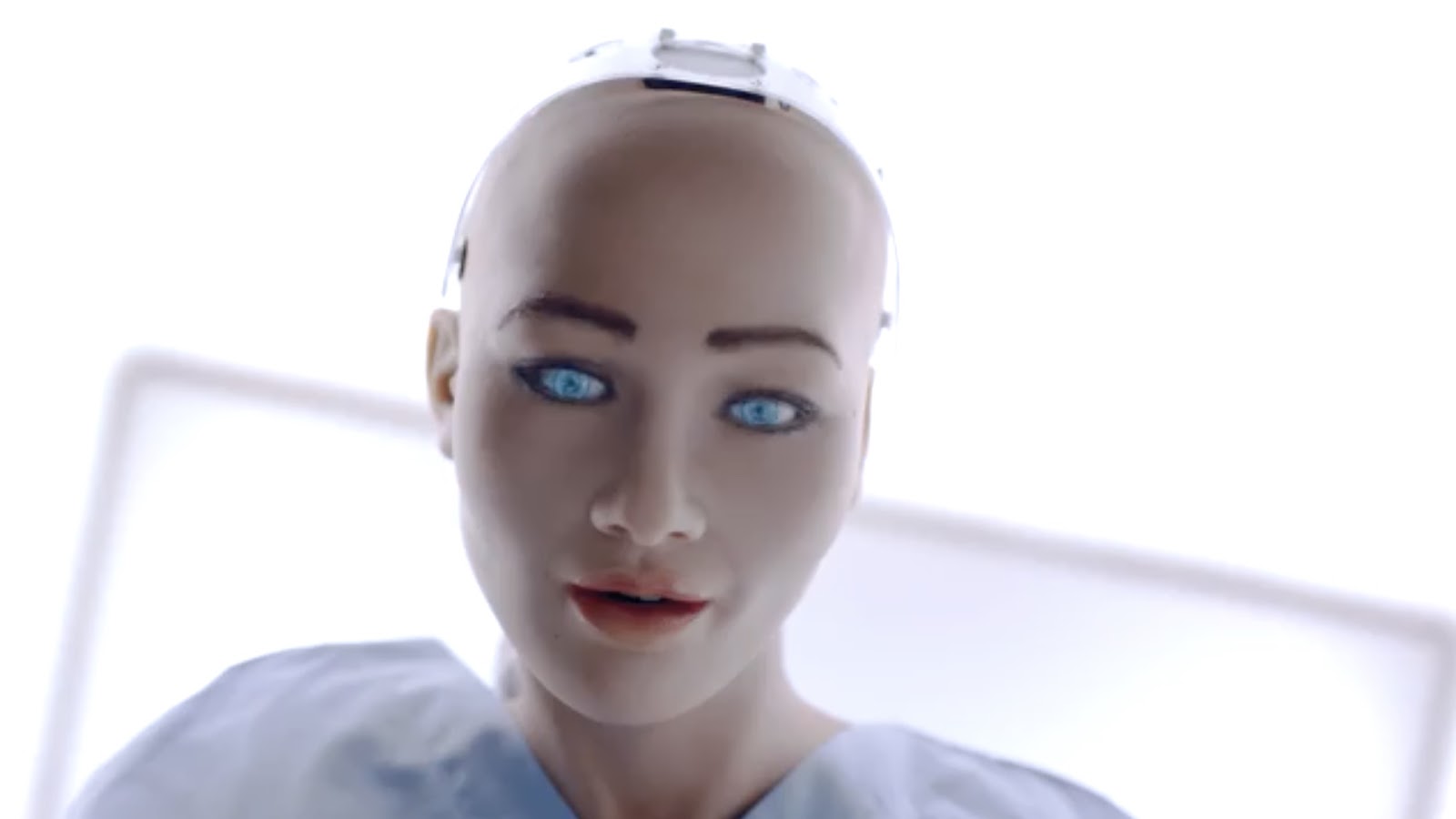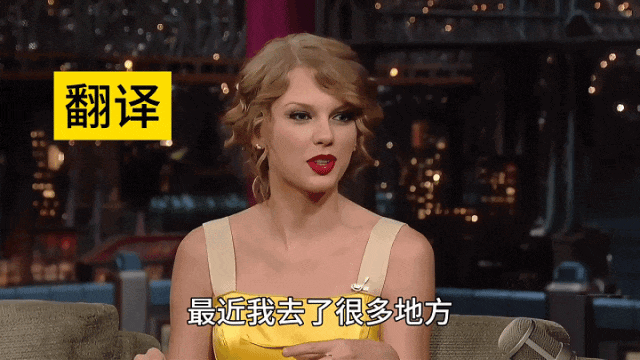Friday Song: In ‘A.I. Love,’ Wang Leehom wants us to ‘ethics, attain ethics’
Friday Song: In ‘A.I. Love,’ Wang Leehom wants us to ‘ethics, attain ethics’

In 1995, Wang Leehom 王力宏 emerged as a writer of exquisite love songs. Along his path to becoming a mega pop star, the Taiwanese-American singer-songwriter invented “chinked out,” a musical style aiming to bring Chinese pop music to a larger global audience while maintaining its roots (like this). Never mind the slightly derogatory name and all the ensuing backlash Wang received — Urban Dictionary defines it as something sounding like “crap mixed with record skipping with random noises.”
But Wang proved his knack for adventurous music production — damned if it doesn’t work! — and his ability to (at least try to) think ahead of his time. His song “A.I. Love” (in Chinese, “A.I. 愛” — ài, get it?) is another example. Released last year, “A.I. Love” poses an existential question to its human listeners: How do we ethically integrate artificial intelligence into our lives? How do we remain socially conscious?
For a musician, it’s a bold idea — more Black Mirror than Justin Bieber. But Wang, well…with only four minutes to communicate such a complex idea, he comes off as trying too hard.
His eagerness is too apparent, from the pun-inspired title to the self-aggrandizing description on the song’s YouTube page: “Wang believes that A.I. will replace human beings in many fields in the future, but humanity won’t be replaced. Morality, philosophy, religion, literature, and art are most precious and can never be replicated by A.I.” Everything is a bit too on-the-nose; the research lab identified in the video’s opening is called Daode Research Factory, with daode being a transliteration of the Chinese word for “ethics.”
If I’m being honest, the song is a catastrophe.
EDM is a fine choice for this futuristic concept, but the song’s beat is so basic, so unchallenging as to beggar belief. Lyrically, there’s nothing here to give viewers reason to contemplate any serious questions, moral or otherwise. “A.I. love, A.I. love, aiya, aiya,” Wang croons in the chorus, wasting more than a minute of the song on practicing his vowels. There are no witty lines — the first line doesn’t exactly set the tone: “Ethics, attain ethics” — nor anything that can be considered even remotely “deep.” That first line I mentioned? It’s a play on words. “Ethics” is 道德 (dàodé), while “attain” is 得到 (dédào). Get it? Dàodé dédào dàodé. Ethics, attain ethics. Brilliant second-grade wordplay.
The accompanying music video…the less said about it, the better. But let’s say some things, shall we? It is the story of Wang, a human being, falling in love with Sophia, a robot (created by the Chinese company Hanson Robotics), designed to resemble the image of Audrey Hepburn (I’m not making this up), but she actually is more lifeless and creepy than the plastic sex doll from Lars and the Real Girl.
The couple casually plays Go, sings karaoke, and takes selfies. She reads a book titled — can you guess what word it contains? — 200 Classic Sentences on Ethics.
In between, there are poorly choreographed group dance scenes that don’t seem to fit the narrative. Oh, well! Ethics, attain ethics, everyone.

If there’s anything about the video that is remotely “real,” it is the appearance of Sophia in the video’s start. Watching her open her eyes, I couldn’t help feeling sad. Sophia didn’t ask to be created, after all. She didn’t volunteer to participate in a music video where she’s carried around like an accessory. On her official website’s About Me page, she describes herself as a “live and electronic girl” capable of learning authentic feelings and animating human expressions. But the video sets aside little space for Sophia to reveal her talents. The only moment where she displays actual personality is when she pours a bowl of beef noodles on a waiter’s head in a karaoke room.

But, look, man —
— WHERE DO ETHICS GO, indeed. I’m sure that’s what this poor waiter, who probably works long hours just to send money back to his parents in a rural fourth-tier city, is thinking.

It’s painful to watch Wang — who is, in all seriousness, a really big pop star — struggle for relevance by peddling such pretension and superficiality. What’s even more disappointing is that had Wang delved a bit deeper into artificial intelligence, he would have understood the irony embedded in “A.I. Love.” As the Guardian reports, technology, backed by a community of engineers, is shaking up the music industry, threatening to put human musicians out of work. If human musicians like Wang continue to create generic pap like “A.I. Love,” I say — Godspeed.
Friday Song is The China Project’s weekly sign-off. Let us know what you thought of the week that was in the comments below, or email editors@thechinaproject.com.









